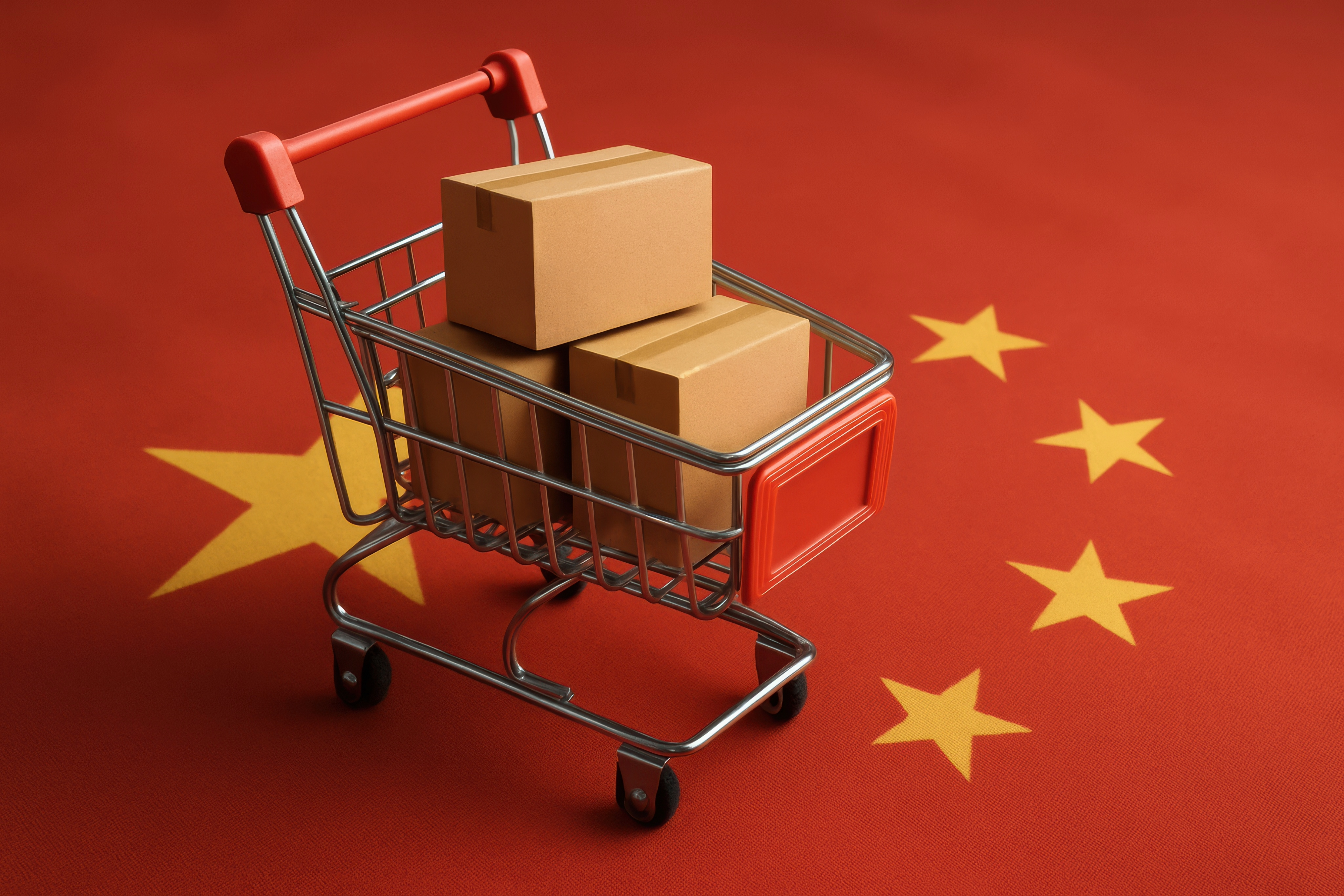China’s Online Exporters Face Tax Scrutiny as Platforms Share Data
By Cheng Siwei


Chinese cross-border e-commerce sellers are receiving tax warnings after platforms like Amazon and TikTok began reporting their sales data directly to tax authorities, a move that exposes discrepancies with the sellers’ own declarations.
Over the past month, many online merchants have been contacted by tax bureaus about underreported value-added tax (VAT) liabilities, according to multiple sellers and tax consultants Caixin spoke with. The notices flagged inconsistencies between what the sellers reported and the revenue figures submitted by the e-commerce platforms they use, which also include Shopee, AliExpress and eBay.
This follows new rules on the reporting of tax-related information by internet platform companies, which took effect June 20. The regulations require platforms to submit quarterly reports on their sellers’ identities, transaction volumes and revenues to tax authorities. Amazon notified its China-based sellers in mid-October that it would comply, with the first report, covering the third quarter, due by the end of that month, industry insiders told Caixin.
An official from a local tax bureau told Caixin that the system automatically flags discrepancies for review, but said there is currently no uniform enforcement action. The person said that the platform data reporting is not specific to cross-border e-commerce and was previously piloted with domestic platforms.
The increased scrutiny has exposed a widespread, legally ambiguous practice among China’s smaller online exporters known as “bill-buying” — the purchase of other companies’ customs declaration forms. This unofficial method, used for convenience and cost saving, has left sellers vulnerable as authorities tighten tax oversight using big data.
The core of the issue lies in noncompliant customs declarations. Many small and midsize sellers pay freight forwarders or logistics agents to handle exports through the “bill-buying” model, where these intermediaries use customs declaration forms belonging to other, larger companies. In this setup, the seller’s business entity on the e-commerce platform does not match the exporting entity on the customs paperwork, leading many to declare zero VAT.
Sellers now fear that without proof of export, their sales could be reclassified as domestic, making them ineligible for export tax rebates and potentially subject to a 13% VAT rate. This is compounded by the fact that many lack official invoices for their purchases, which would be needed to offset their VAT liabilities.
For a seller operating more than 10 stores, it’s highly difficult and unrealistic to do separate customs declarations and tax rebates for each one like a traditional foreign trade company, said Adam Wang, a consultant at a tax advisory firm. He cited strict audits and long processing times for rebates as major hurdles.
Some sellers are now opting to pay VAT at the 1% rate for small-scale taxpayers, which does not require input invoices for deductions, another tax consultant said.
Further complicating matters are ambiguities in how to calculate taxable revenue — whether it should be based on gross order value, or the net amount sellers receive after platforms deduct hefty commissions and fees. Wang noted a structural contradiction between China’s rigid invoice-based tax control system and the digital, often invoice-less, nature of cross-border e-commerce.
While compliant export channels exist, their strict requirements make them inaccessible for many small sellers, Wang said.
caixinglobal.com is the English-language online news portal of Chinese financial and business news media group Caixin. Global Neighbours is authorized to reprint this article.
Image: Gibster – stock.adobe.com
